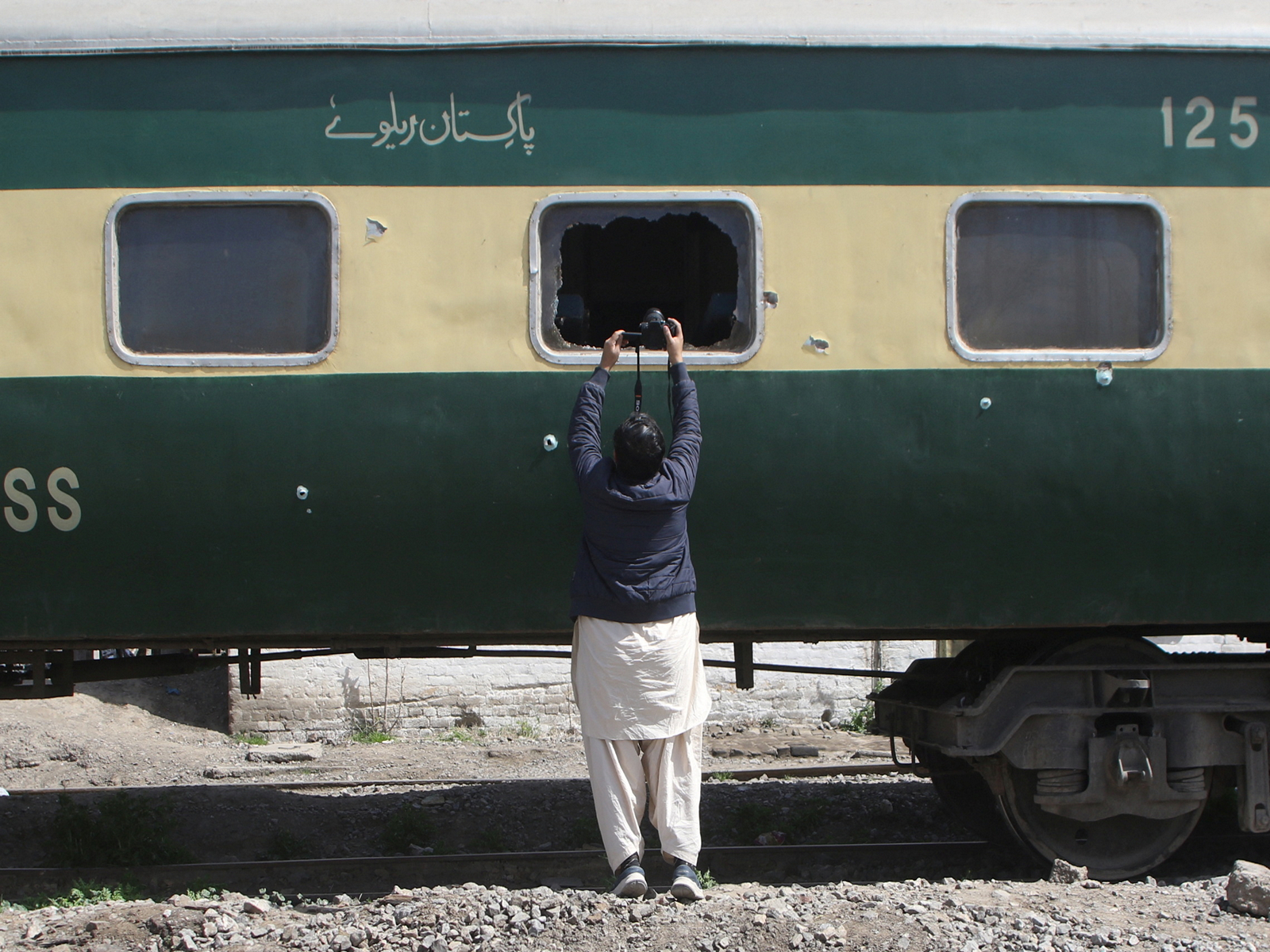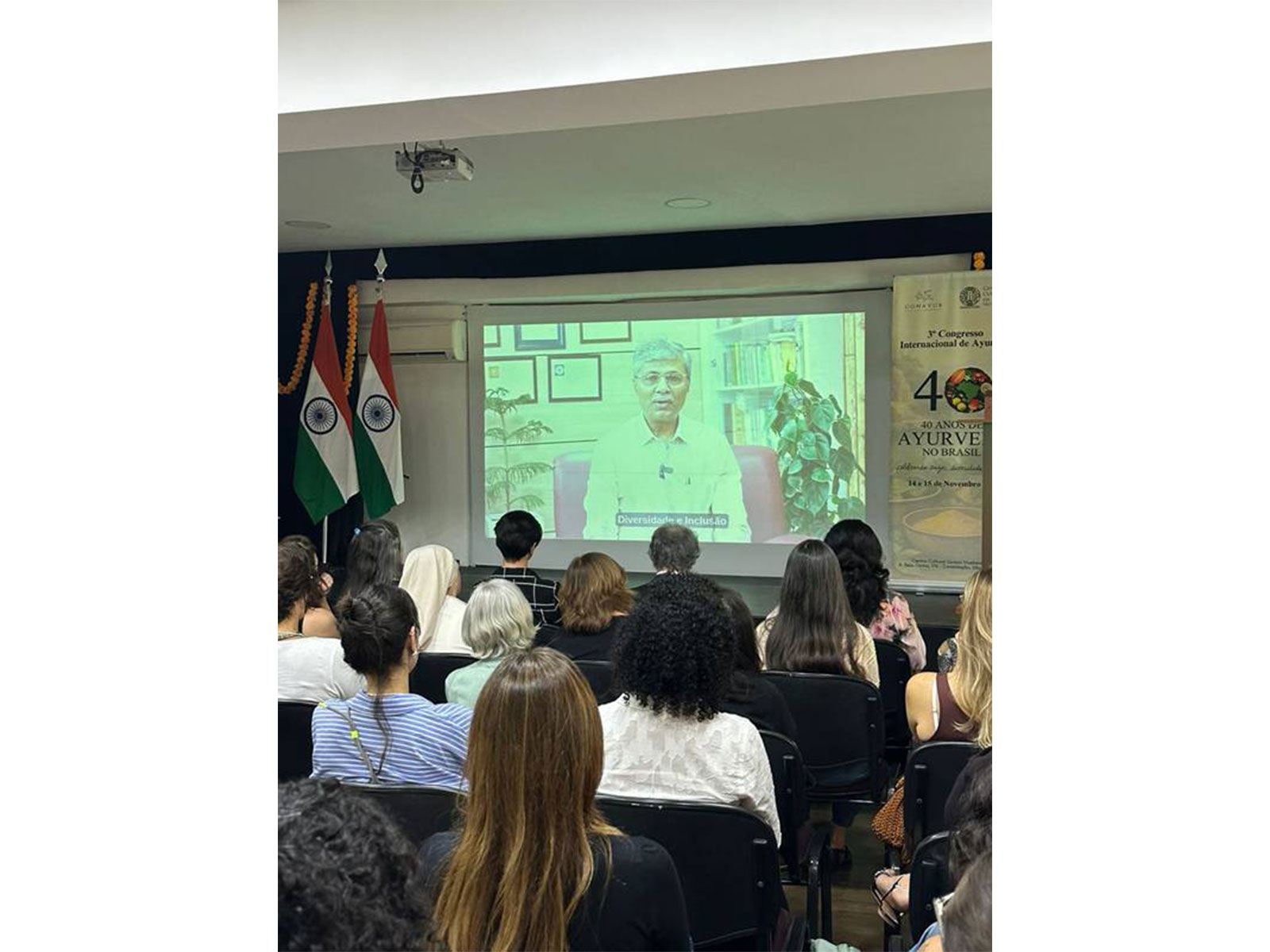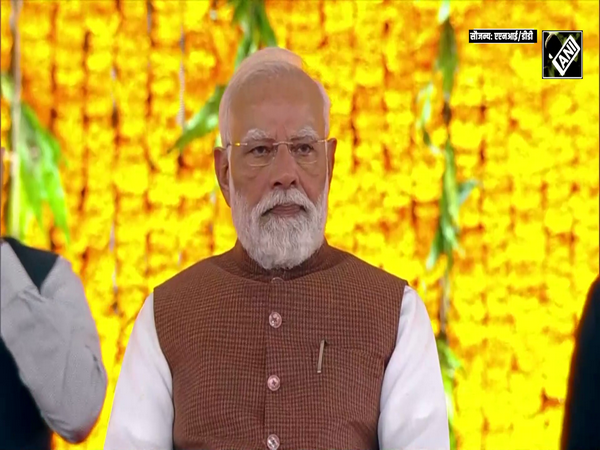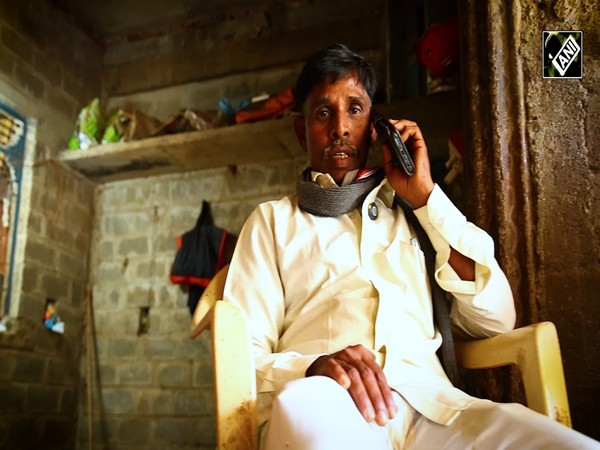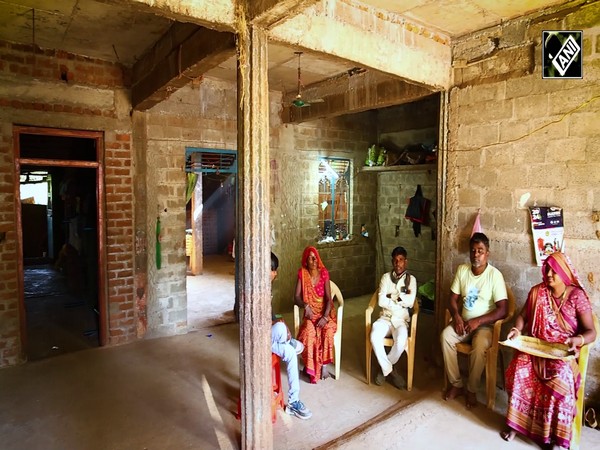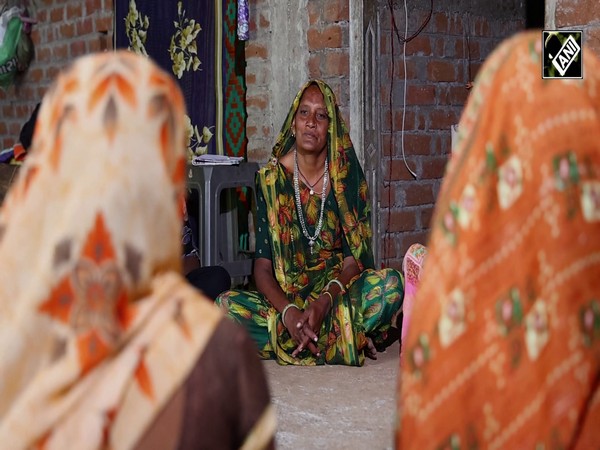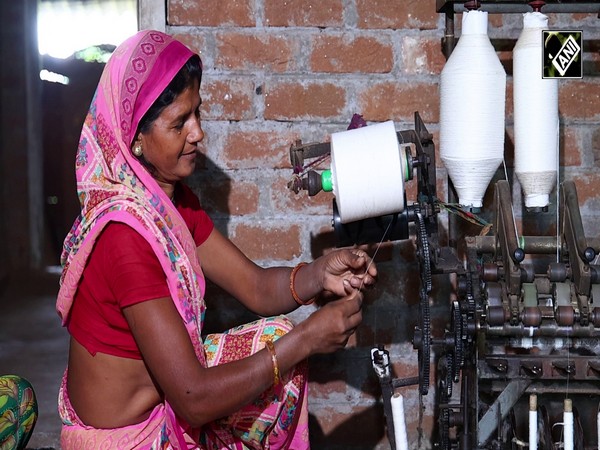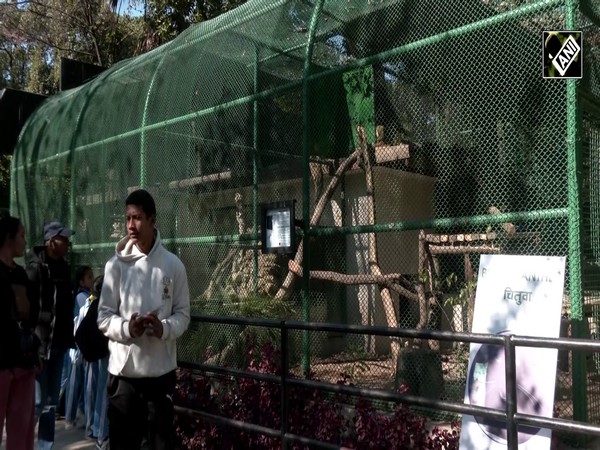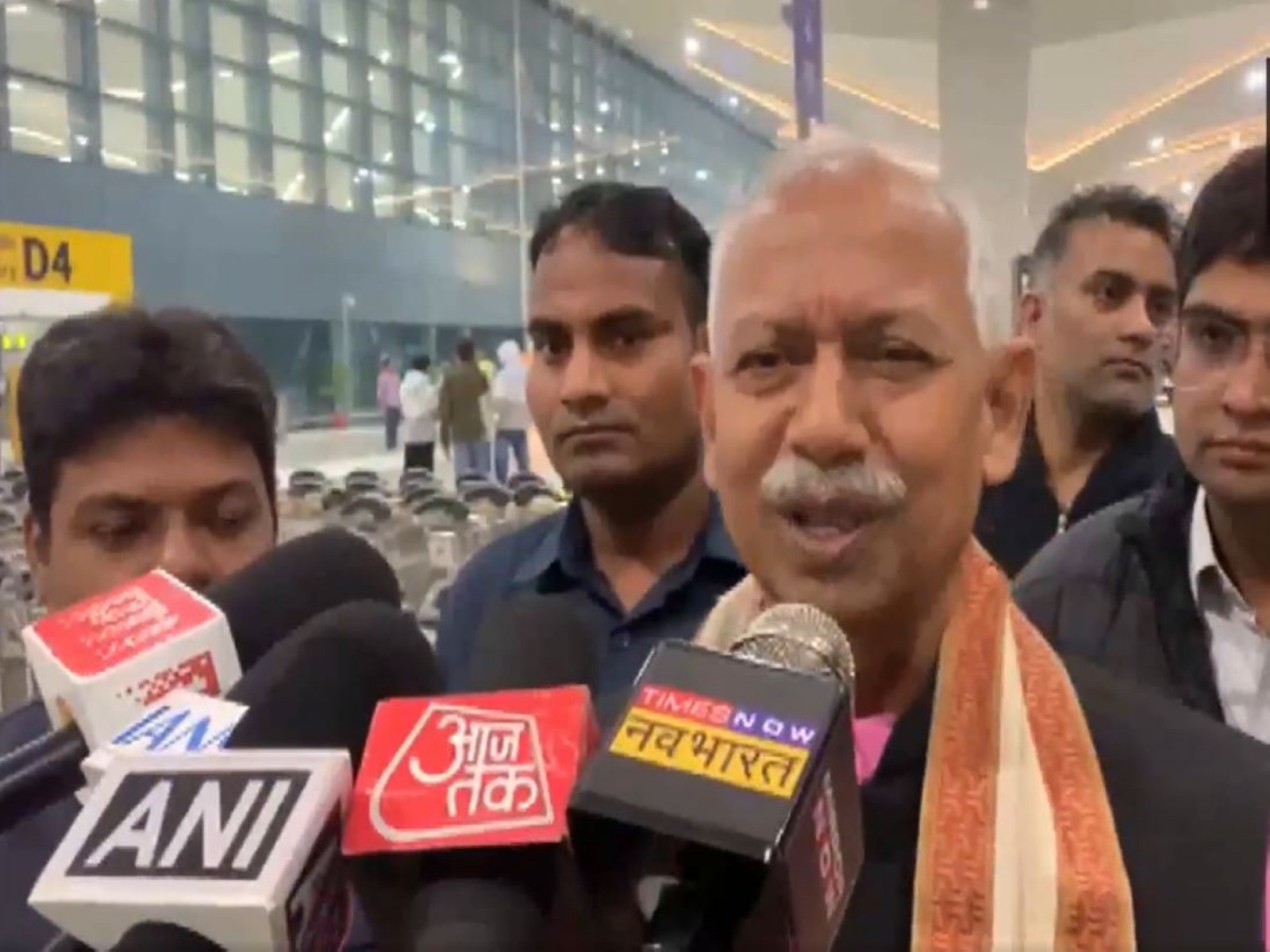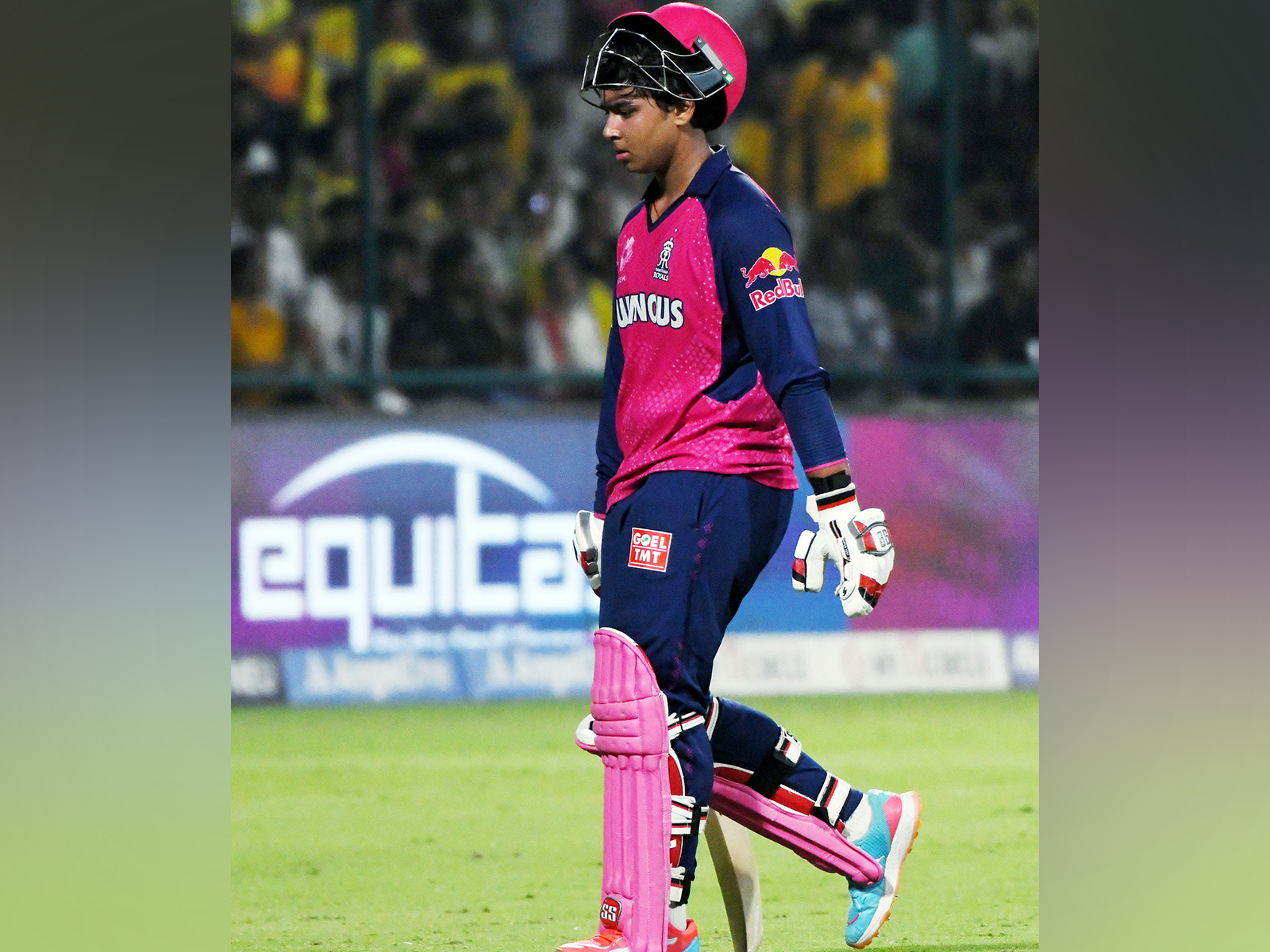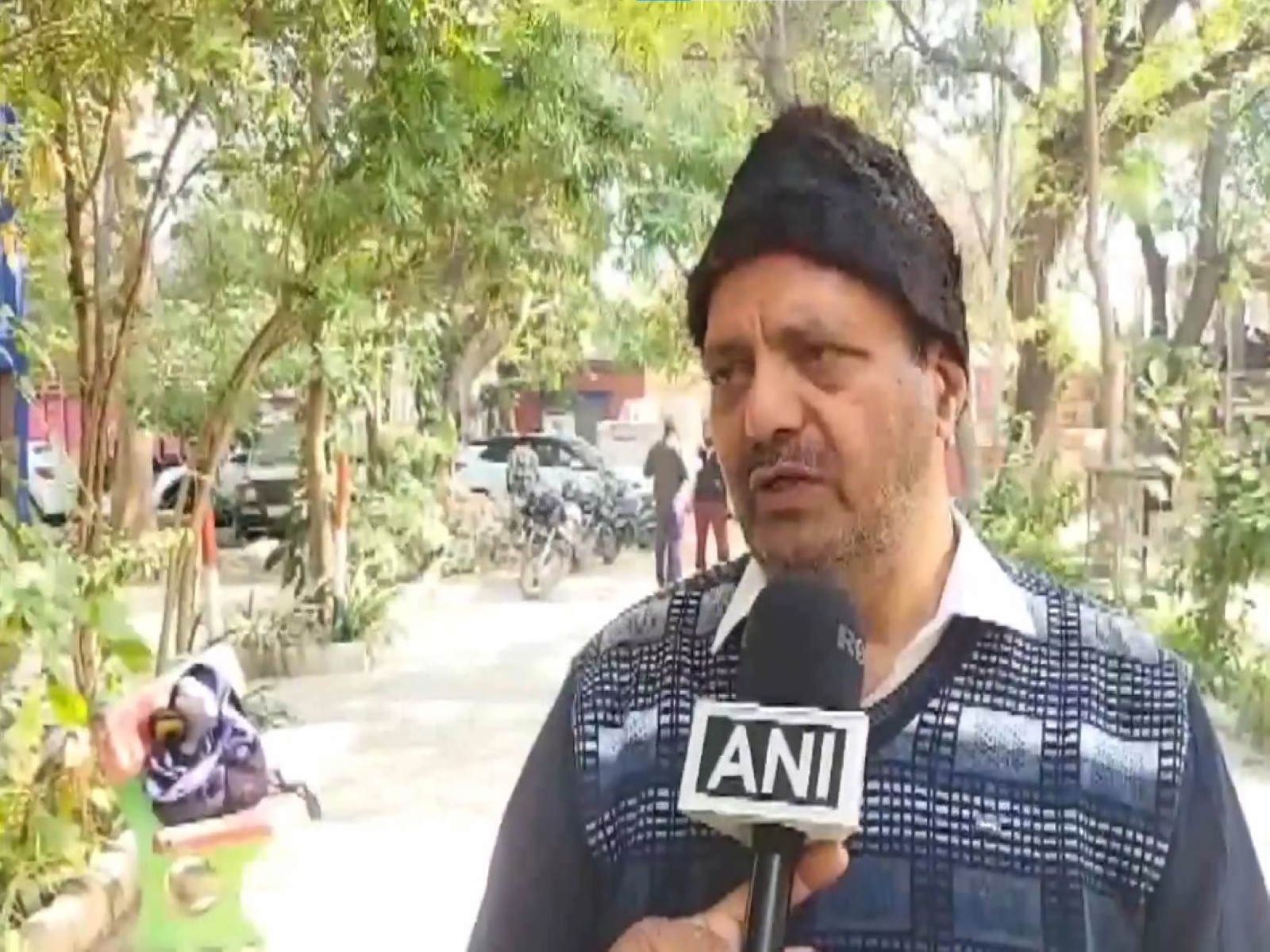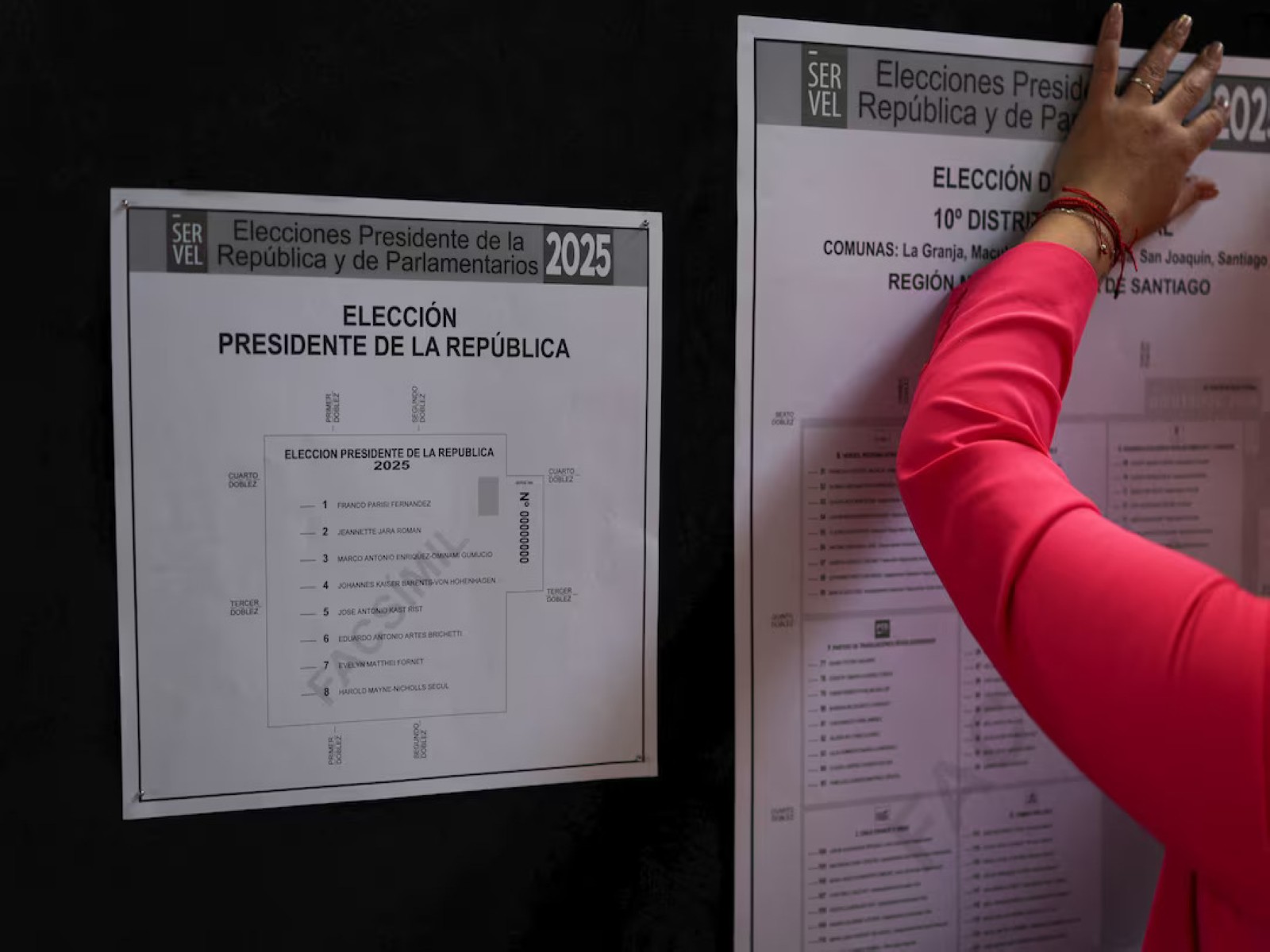
Chile votes in polarised presidential election dominated by crime and immigration
Nov 16, 2025
Santiago [Chile], November 16 : Chileans are voting on Sunday in a presidential election shaped by hardline proposals on crime and immigration, Euro News reported. Four years after electing progressive leader Gabriel Boric, the country is now deeply polarised, with a compulsory voting system adding uncertainty to the outcome.
More than 14 million citizens are eligible to cast ballots to renew the full Chamber of Deputies and nearly half the Senate, a vote seen as pivotal for Chile's political balance, according to Euro News.
Concerns over rising immigration and crime linked to transnational networks have fuelled harsh security rhetoric among candidates. Evelyn Matthei said drug traffickers should be "in jail or in the cemetery," while Franco Parisi has called for "bullet or jail," describing drug trafficking as "narco-terrorism."
The three leading candidates present sharply contrasting visions for Chile's future. Euro News reported that Jose Antonio Kast, 59, of the Republican Party, is making his third bid for the presidency, setting aside earlier polarising positions to focus on fighting crime and illegal immigration.
Jeannette Jara, 51, a former minister in Boric's administration and a member of the Communist Party, is promising more generous pensions, lower electricity prices, and large-scale housing construction.
Johannes Kaiser, 49, a former YouTube commentator and sitting lawmaker, has questioned vaccination programmes, opposed abortion and pledged to withdraw Chile from climate agreements and the Inter-American Court of Human Rights.
A new compulsory voting law introduced in 2023 could draw millions to polling stations, adding an unprecedented degree of unpredictability to the process, according to Euro News.
TikTok has become a crucial battleground, with Jose Antonio Kast enjoying a significant advantage among younger voters. Generation Z and younger millennials represent roughly a third of the electorate, and 30% are expected to make their decision on Election Day, widening the margin of uncertainty.
The campaign has been tense, with Jeannette Jara and Evelyn Matthei accusing Kast of orchestrating hate campaigns on social media, allegations Kast denies.
Several recent surveys suggest a possible advance of conservative and far-right forces, and analysts warn of a potential "government without counterweights" if right-wing parties secure majorities in both houses for the first time in 15 years, Euro News reported.
Sunday's vote is expected to lead to a runoff, as no candidate is projected to win an outright majority.
The latest pre-election surveys showed Jara leading with 30% support, followed by Kast at 22% and Kaiser at 15%, while prediction market Polymarket gives Kast a 70% probability of winning the presidency, ahead of Jara at 15% and Kaiser at 12%.
If those forecasts hold, Jara and Kast would head to a final vote on December 14, with analysts observing that the conservative candidate is better positioned to inherit most right-wing support if a second round takes place.

